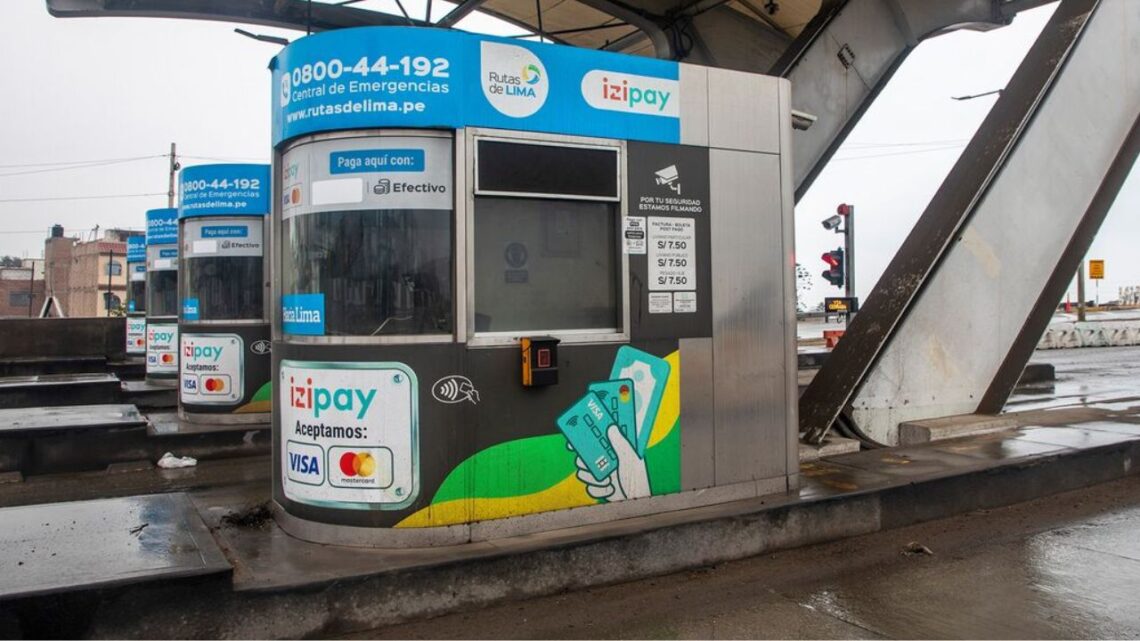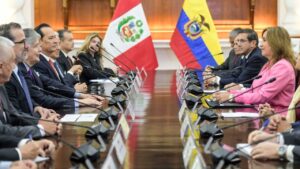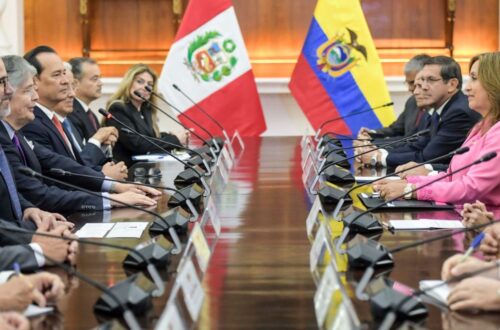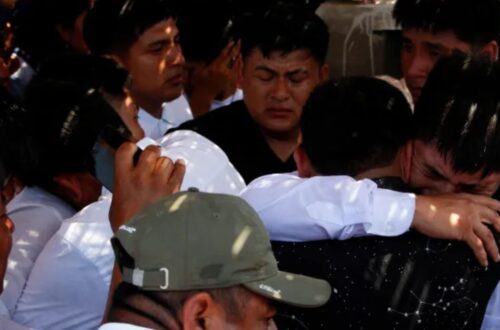In a dramatic move, Brookfield Asset Management announced the dissolution of Rutas de Lima (RdL), its toll road subsidiary in Peru, after years of mounting financial losses.
The company blames local authorities’ suspension of toll collections for revenue declines exceeding 60%, turning what was once considered a promising $2.7 billion infrastructure investment into a contentious international dispute.
This decision not only impacts Peru’s infrastructure sector but also sends ripples through global investors who have long seen the country as a stable hub for foreign investment in mining and transportation projects.
Why Brookfield Is Shutting Down Operations
1. Toll Suspensions and Heavy Losses
Rutas de Lima managed the two busiest highways in Peru, key transport arteries for millions of Lima residents. However, Mayor Rafael López Aliaga, who campaigned against tolls alleging corruption in their origins, suspended collections at several sites.
As a result, Brookfield’s revenues plummeted by over 60%, making operations unsustainable.
2. Rare Foreign Exit in Peru
The shutdown marks one of the largest foreign infrastructure withdrawals in Peru’s history, unusual for a country eager to court multinational corporations. Brookfield, which oversees $222 billion in global infrastructure assets, typically invests in long-term, stable projects such as pipelines and data centers.
Financial Stakes and International Arbitration
Brookfield values the Rutas de Lima enterprise at $2.7 billion and is now pursuing that figure through international arbitration, alleging illegal expropriation.
The company originally acquired its majority stake in 2016 for $430 million from Brazil’s Odebrecht SA, which remains a minority shareholder.
Although Odebrecht has faced major bribery scandals across Latin America, it has denied corruption in this specific toll concession.
Adding to the complexity, Brookfield has already secured $200 million in arbitration awards, though these remain unpaid. Analysts warn that the dispute could drag on for years, undermining Peru’s reputation as a safe investment environment.
Political Pressure and Local Fallout
Mayor López Aliaga, nicknamed “Porky”, has been outspoken in his opposition to both Odebrecht and Brookfield, labeling them “mafias” and promising to revoke concessions.
His stance has been politically popular and is widely seen as part of his campaign platform for a potential presidential run in 2026.
The city of Lima is now poised to take over Rutas de Lima’s operations directly, fulfilling López Aliaga’s promise to cancel tolls. However, this raises questions about how the city will finance road maintenance and expansion without toll revenue.
Impact on Investors and Pension Funds
Brookfield’s financial troubles were not unexpected. Credit agencies like Fitch had warned that Rutas de Lima could default on its debt as early as this year.
A significant portion of this debt is held by Peruvian private pension funds, putting local savers at risk.
For international investors, the episode highlights the risks of political interference in infrastructure concessions. The perception of legal uncertainty could deter future foreign capital in Peruvian roads, ports, and airports.
Key Facts on Brookfield’s Peru Exit
| Aspect | Details |
|---|---|
| Parent Company | Brookfield Asset Management (Canada) |
| Subsidiary | Rutas de Lima (RdL) |
| Acquisition Year | 2016 (majority stake bought from Odebrecht for $430M) |
| Estimated Enterprise Value | $2.7 billion |
| Reason for Shutdown | 60% revenue loss due to suspended toll collections |
| Arbitration Claim | $2.7 billion, alleging illegal expropriation |
| Local Political Factor | Lima Mayor López Aliaga campaigning to revoke tolls and concessions |
| Debt Holders at Risk | Peruvian private pension fund manager |
Brookfield’s decision to shut down its Peru toll road operations underscores the delicate balance between foreign investment stability and local political pressures.
While the dissolution fulfills Mayor López Aliaga’s pledge to end unpopular tolls, it leaves behind a multi-billion-dollar arbitration battle, strained investor confidence, and uncertainty over how Lima will fund its infrastructure in the future.
For Peru, the case could serve as a cautionary tale: to remain attractive to global investors, it must ensure that political agendas do not undermine legal certainty and contractual stability in critical projects.









